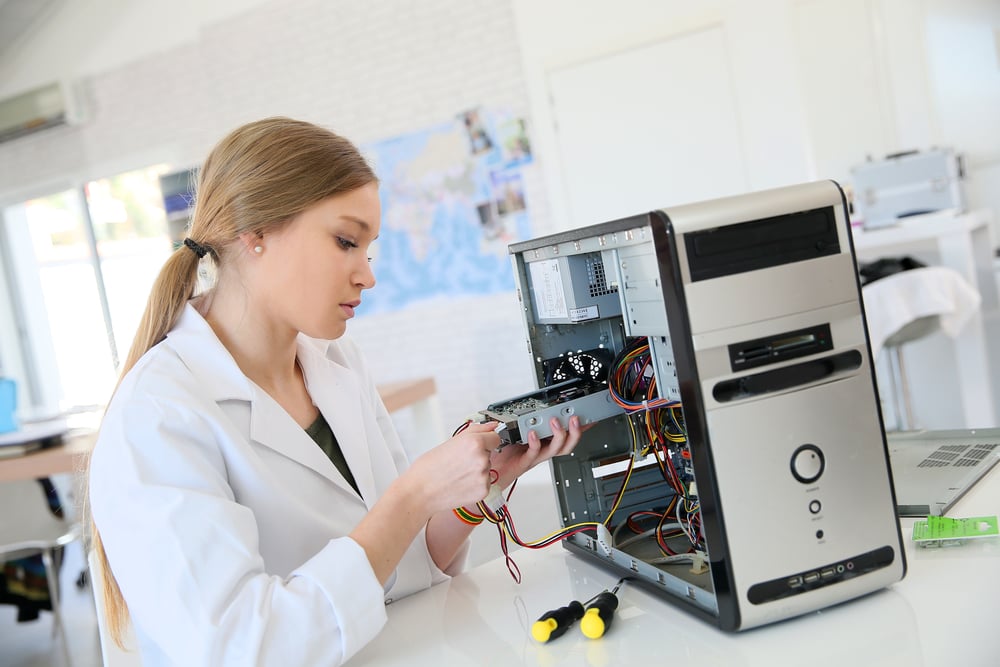From Burnout to Balance: The Guide to Effective Energy Management
In our relentless quest for success, we often forget to prioritize one crucial aspect of our lives: self-care. With the increasing demands of personal, professional, and organizational roles, we tend to push ourselves beyond our energy limits, leading to stress, burnout, and an overall sense of dissatisfaction. However, understanding and managing your unique energy – your "Ness" – can transform your life.










